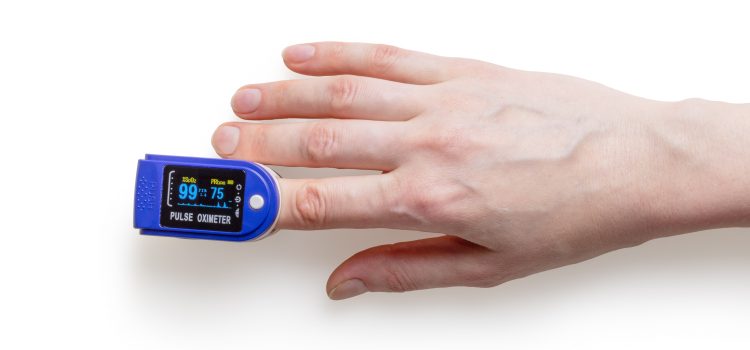
Hypertension, commonly known as high blood pressure, is a condition that affects millions of people worldwide. It occurs when the force of blood against the walls of the arteries is too high, leading to damage to the blood vessels and increasing the risk of heart disease, stroke, and other health problems. While medication is often used to manage hypertension, there are also innovative approaches to treatment that are gaining popularity.
One of the most promising approaches to treating hypertension is mindfulness-based stress reduction (MBSR). MBSR is a meditation-based approach that aims to reduce stress and anxiety by focusing on the present moment. Studies have shown that MBSR can lower blood pressure and improve overall cardiovascular health. In addition, MBSR can also improve mental health, including reducing symptoms of depression and anxiety.
Another approach to treating hypertension is through the use of technology. There are now a variety of mobile apps and wearable devices that can help individuals monitor their blood pressure and track their progress over time. These devices can provide valuable data to healthcare professionals and allow individuals to take a more active role in managing their hypertension.
Innovative medication options are also emerging. For example, some medications work by blocking the effects of aldosterone, a hormone that can increase blood pressure. Other medications work by targeting specific receptors in the brain that regulate blood pressure. These new medications may offer better outcomes than traditional medications, with fewer side effects.
Non-pharmacological approaches, such as lifestyle modifications, are also essential in the management of hypertension. A healthy diet, regular exercise, and stress reduction techniques such as yoga and meditation can help to lower blood pressure and improve overall health. In addition, reducing alcohol consumption and quitting smoking can significantly reduce the risk of developing hypertension.
It is important to note that hypertension is a chronic condition that requires ongoing management. While innovative approaches to treatment may offer promising results, it is essential to work with a healthcare professional to develop a comprehensive treatment plan. This may include a combination of medication, lifestyle modifications, and other approaches to effectively manage hypertension.
In conclusion, innovative approaches to treating hypertension are emerging, providing patients with more options for managing their condition. From mindfulness-based stress reduction to wearable technology and novel medications, these approaches offer promising results for improving cardiovascular health. However, lifestyle modifications, such as a healthy diet and regular exercise, are still the cornerstone of hypertension management. It is crucial to work with a healthcare professional to develop an individualized treatment plan that addresses both pharmacological and non-pharmacological approaches to hypertension management.










